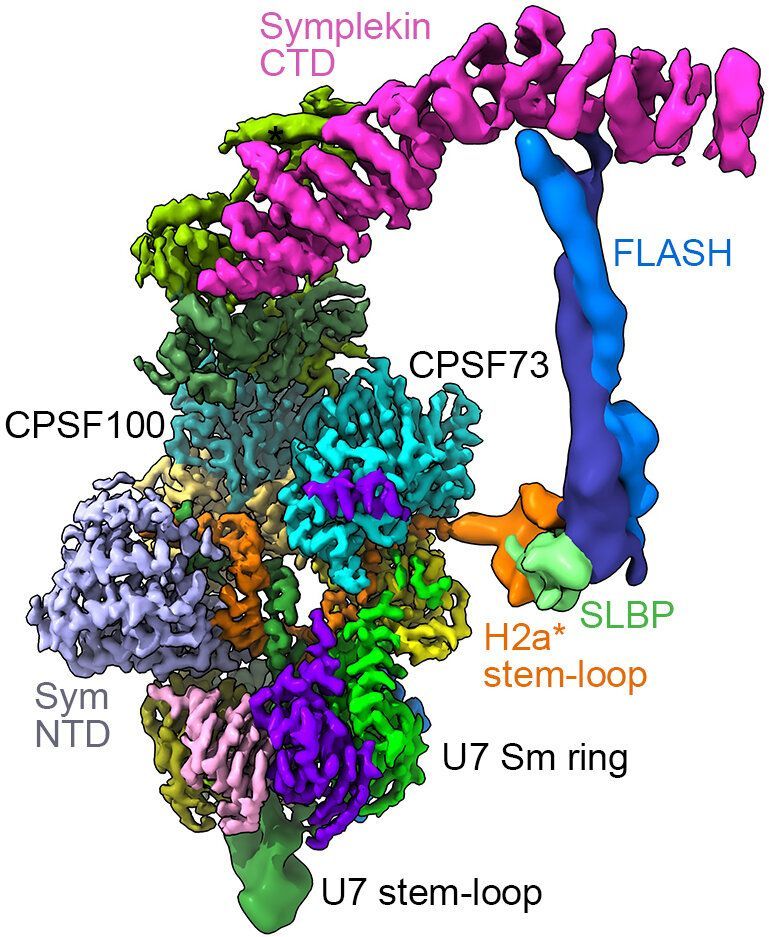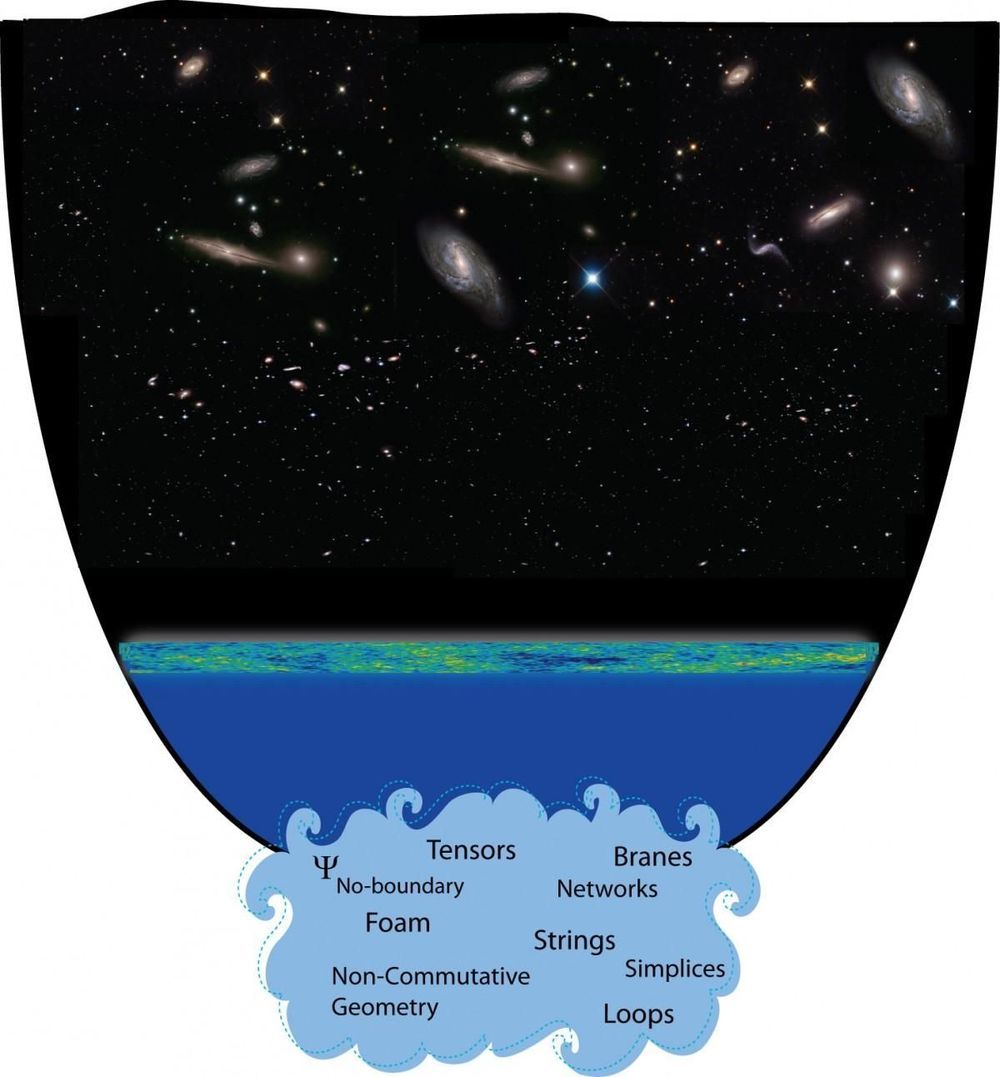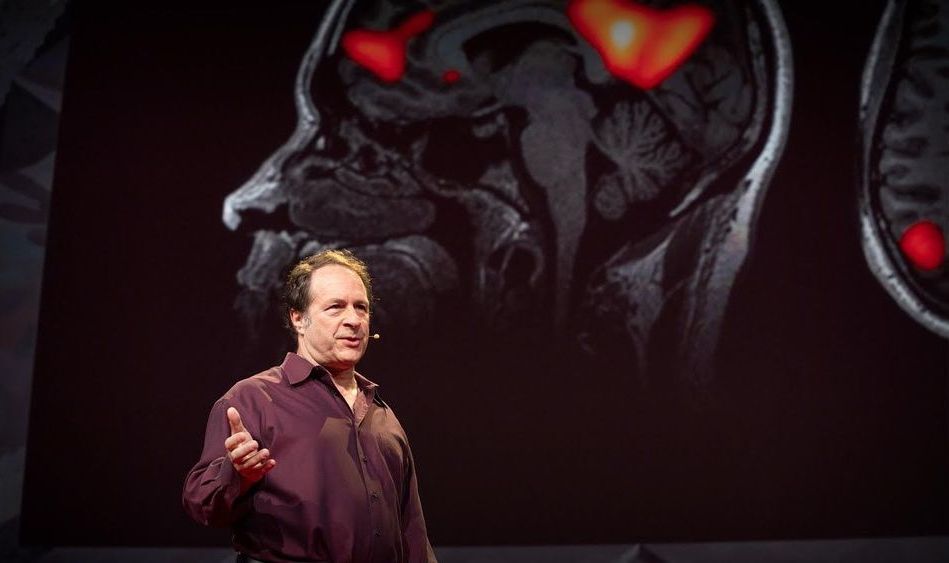
Scientists from the UNC School of Medicine, Columbia University, and Rockefeller University have revealed the inner workings of one of the most fundamental and important molecular machines in cells.
The researchers, in a study published in Science, used biochemical experiments and cryo–electron microscopy (cryo-EM) to determine the atomic structure of a complex assembly of molecules known as the histone mRNA three-prime (3’) end-processing machine. This machine plays a fundamental role in proper activity and duplication of the cell genome and when defective, it may lead to human diseases, including cancers.
Histone proteins are found in all plants and animals, and they form a “beads-on-a-string” arrangement where the DNA in chromosomes is wrapped around the beads of histones. Histones ensure the efficient packaging of DNA and help regulate which genes are turned “on” and which are kept “off,” processes needed for all cells to function properly.


















